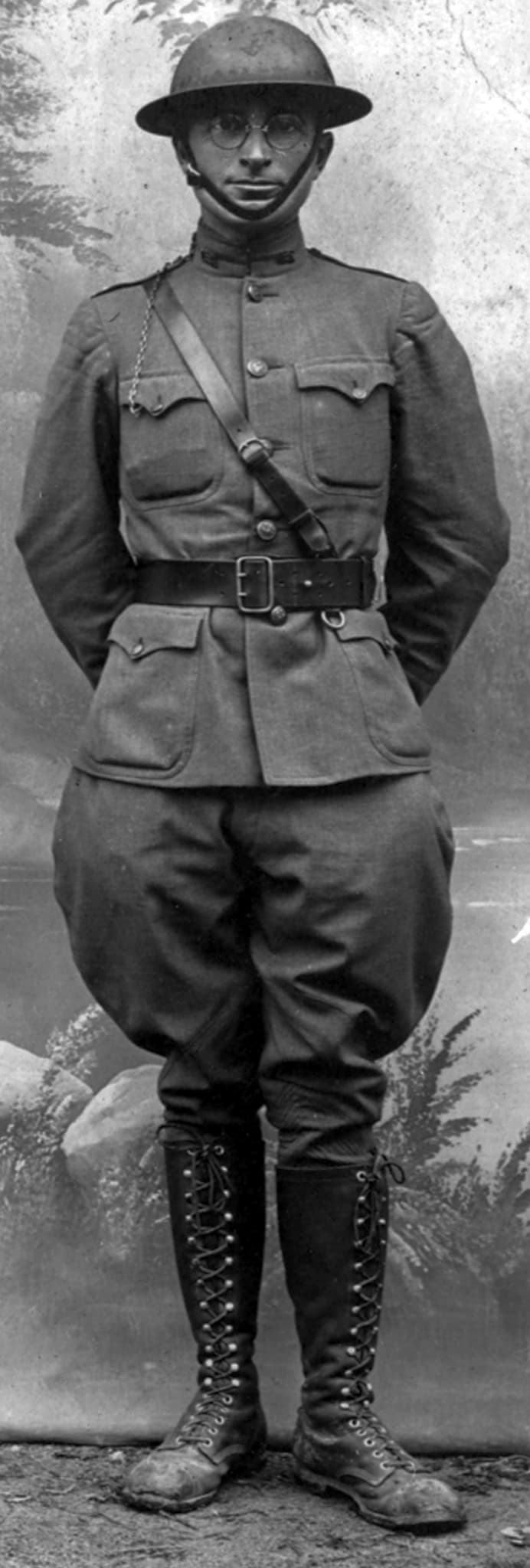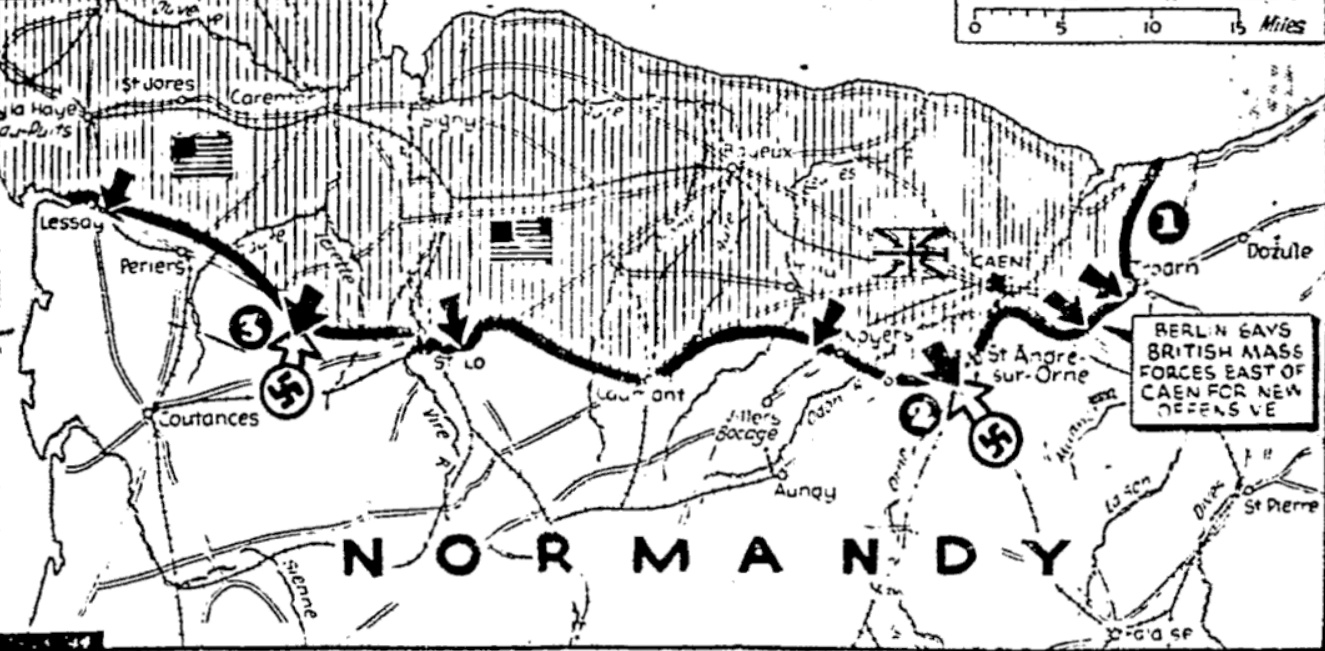
Defiant Texas group still a headache
DNC has problem to solve
By Gordon K. Shearer, United Press staff writer
Chicago, Illinois – (July 22)
One angle of the situation created by rival Texas delegations to the Democratic National Convention remained to be straightened out here today by the Democratic National Committee.
Both Texas state conventions nominated Myron Blalock of Marshall, Texas, to continue as committeeman from Texas. The state convention which claimed to be “Regular” proposed Mrs. H. H. Weinert of Seguin for National Committeewoman. The other chose Mrs. Clara Driscoll of Corpus Christi, who had resigned as committeewoman.
Some stay behind
Mrs. Weinert remained in the convention with former Governor Dan Moody, chairman of the delegation, and some others of the “Regular” group when others walked out in protest over having the vote divided. She remained in Chicago when most of the delegation left for Texas this morning, to be present for a possible contest of her designation as National Committeewoman.
Honors were about even between the rival factions when the final convention score was added. The “rump” delegation won recognition and half of the Texas vote in the convention. The other delegation wad first to get on the Truman bandwagon and voted 21 of its 24 votes for the winning vide-presidential candidate while the rival delegation cast its entire 24 votes for Mr. Wallace. Later, the state’s entire 48 votes were given to Mr. Truman.
Sat at opposite ends
The rival delegations sat at opposite ends of the Texas section during the balloting.
The faction headed by Herman Jones of Austin passed on the first vice-presidential ballot. Its caucus, before the convention opened, had voted for Speaker Sam Rayburn and when Mr. Rayburn did not want his name presented the group “sat out” the first round.
The Moody group gave 21 of its 24 votes to Senator John H. Bankhead (D-AL) on the first ballot, one to Senator Truman, one to Senator Alben W. Barkley (D-KY) and one to Bascom Timmons (a former Texan and now a well-known Washington correspondent). Three of that faction voted for Mr. Wallace on the second ballot.
Pendergast aid boosted Truman
Obscure judge gains Senate in one leap
Chicago, Illinois (UP) – (July 22)
Senator Harry S. Truman of Missouri, nominated for Vice President by the Democratic National Convention, sprang in one leap from an obscure county judgeship to U.S. Senator in 1934 with the support of the political machine of Thomas J. Pendergast.
Senator Truman, attacked by his foes for his connections with the corrupt Pendergast machine, gained places on important committees during his first term in the Senate, however, and eventually won national recognition through his work in investigating war expenditures.
Senator Truman, 60, hardly looks the part of an investigator, his manner toward witnesses appearing before his committee seems almost apologetic, yet he pulls no punches in his reports, and once went so far as to threaten John L. Lewis with a subpoena.
Farmer until war years
Mr. Truman was born on a farm near Lamar, Missouri, May 8, 1884. His parents were natives of Kentucky. He attended Independence High School and graduated in 1901, there ending his formal education. He became a bank clerk, but was finally persuaded to return to the farm.
He remained on the farm from 1906 until 1917. Prior service in the National Guard won him a first lieutenancy when he enlisted at the outbreak of the war. He attended service schools here and in France, and rejoined his regiment as commander of Battery D, 129th Field Artillery, in 1918.

Lt. Harry Truman, World War I artillery officer
Senator Truman’s company fought in the Saint-Mihiel, Meuse-Argonne and other battles. He was discharged as a major in 1919, and later had a rating of colonel in the reserve. After the war, he returned to the Missouri farm and was not to leave until 1922.
Senator Truman is a Baptist.
He was 38 years old when he won his first office, judge of the county court of Jackson, Missouri. Missouri does not require its judges to be lawyers but in 1923, the year after his election, Mr. Truman enrolled in the Kansas City Law School and studied for two years.
He was defeated for reelection in 1924, but two years later became presiding judge of the Jackson County court, and in 1930 was reelected.
Throughout these years, Mr. Truman was a faithful worker for the Pendergast machine in Kansas City. The machine supported him in a three-cornered race for the Senate in 1934, and he won easily.
Rebelled only once
During his early days in the Senate, Mr. Truman was overshadowed by Senator Bennett Champ Clark. He rebelled against the Roosevelt administration only once. That was when he denounced the President’s nomination of Maurice M. Milligan for another term as U.S. District Attorney for Western Missouri.
Mr. Milligan had obtained numerous indictments against scores of Pendergast’s men for illegal election practices, and Senator Truman paid his political debt to the machine when he opposed the nomination. He lost the fight, however.
He married Miss Bess Wallace, his schoolboy sweetheart, June 28, 1919. They had one daughter, Mary Margaret, born in 1924.
The Trumans live in a 14-room, gabled house in Independence. Missouri.


